The continuing renovation of relations between Saudi Arabia and its Gulf Arab allies with Washington reached a new level this week, moving from the aspirational towards practical application.
Most significant was US defence secretary James Mattis’ visit to Riyadh at the beginning of a five-nation Middle East tour designed to re-engage with Washington’s strategic allies.
Secretary of state Rex Tillerson also contributed to this restoration in remarks on Wednesday to a Summit of American and Saudi business leaders in Washington. Mr Tillerson gave a bear hug to both the relationship and Saudi Arabia’s domestic policies, linking them to the Trump administration’s economic and strategic priorities. Specifically, he promoted business deals as win-win opportunities and said such commercial ties could help promote US growth and Saudi Arabia’s reform agenda in its Vision 2030 plan.
The embrace was even stronger from Mr Mattis, who addressed military and strategic issues during his visit to Saudi Arabia late last week. He confirmed: “It is in our interest to see a strong Saudi Arabia,” and suggested that Mr. Trump might visit Riyadh soon.
Mr Mattis moved the United States closer to the Gulf Arab evaluation of the Iranian role in the Middle East, saying: “Everywhere you look if there is trouble in the region, you find Iran.”
His Gulf Arab audience was no doubt delighted by those words. They might also be reassured by the recent Trump administration’s finding that Tehran is indeed complying with the terms of the 2015 nuclear deal, especially since Washington is nonetheless considering whether any additional suspension of sanctions is really in the American interest given Iran’s continuing support for terrorism and aggressive regional policies.
Mr Mattis also backed the Arab coalition in Yemen, insisting: “We will have to overcome Iran’s efforts to destabilise yet another country and create another militia in their image of Lebanese Hizbollah, but the bottom line is we are on the right path for it.” And, indeed, the United States has become much more active in both parts of the Yemen conflict, not only against Al Qaeda in the Arabian Peninsula in the south, but also against the Houthi rebels and allied Yemeni forces in the north.
Yet the United States now seems to be of two minds on the Yemen conflict.
On the one hand, it has greatly increased its involvement, particularly through bombing attacks on Yemeni targets. And it has pledged ever-greater support for the Saudi-led intervention.
On the other hand, Washington is pushing strongly for a political solution. Mr Mattis said: “In Yemen, our goal is to push this conflict into UN-brokered negotiations to make sure it is ended as soon as possible,” suggesting that the war has gone on for too long.
A reasonable political arrangement is obviously in everybody’s interests. The conflict with the Houthis and allies loyal to former president Ali Abdullah Saleh has plainly bogged down into a grinding stalemate that is producing few, if any, additional military or political gains at this stage.
Moreover, the humanitarian crisis that already exists, and which could well substantially deteriorate in the coming weeks, is politically and strategically dangerous, as well as highly damaging to the international reputation of the Arab coalition partners who are likely to be blamed for any civilian suffering no matter who is really at fault.
Coalition forces are preparing to try to retake the crucial Red Sea port city of Hodeidah from the Houthi militia, and the United States may be considering some level of assistance to such an offensive.
The Hodeidah operation promises significant benefits but also poses major risks. Driving the Houthis out of the strategically vital port could cripple their war efforts, finally pushing them to negotiate seriously. But since Hodeidah is one of the main entry points for food in a country that is already on the brink of famine in many places, protracted fighting over the port itself, or significant damage to it in a shorter campaign, could be devastating to the civilian population.
Moreover, even if the port itself was spared, there must be a willingness and a means to deliver essential food to the Yemeni population that urgently requires it.
American officials say Washington might get involved in the project, or at least not object, because “both sides would be more likely to compromise after one more military fight”, according to reports in The New York Times – assuming that it leaves the Houthis weakened and readier to compromise, and gives Riyadh a concluding strategic victory.
Whether this proves to be wishful thinking, the current conversation about Yemen in general, and Hodeidah in particular, is a marked contrast with the Obama administration, as is American discourse on Iran, relations with Saudi Arabia, and several other aspects of Middle East policy.
Many Arab governments hoped for improvements from the Trump team. Thus far, they’re not disappointed.
This article was originally published by The National.
The views represented herein are the author's or speaker's own and do not necessarily reflect the views of AGSI, its staff, or its board of directors.


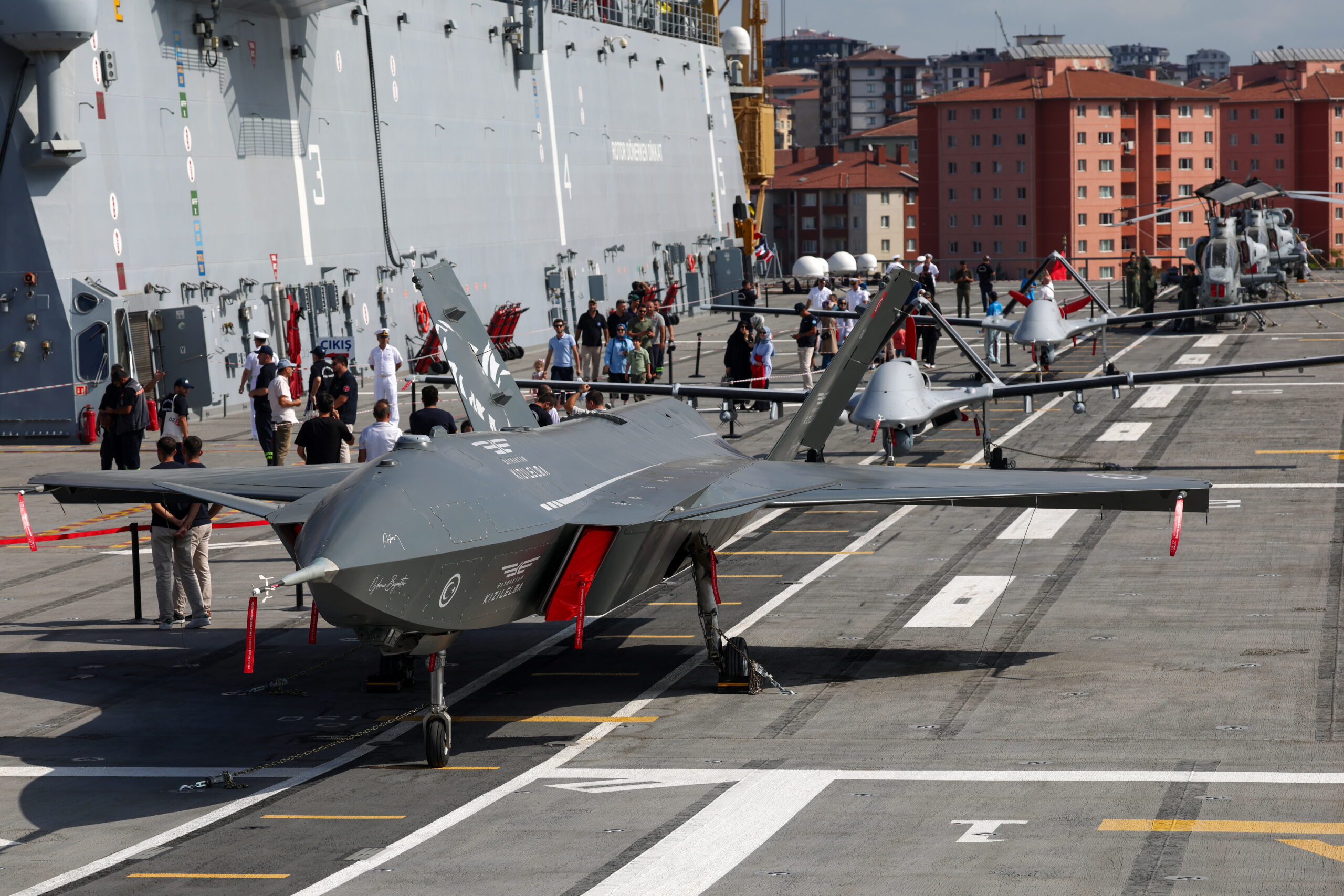


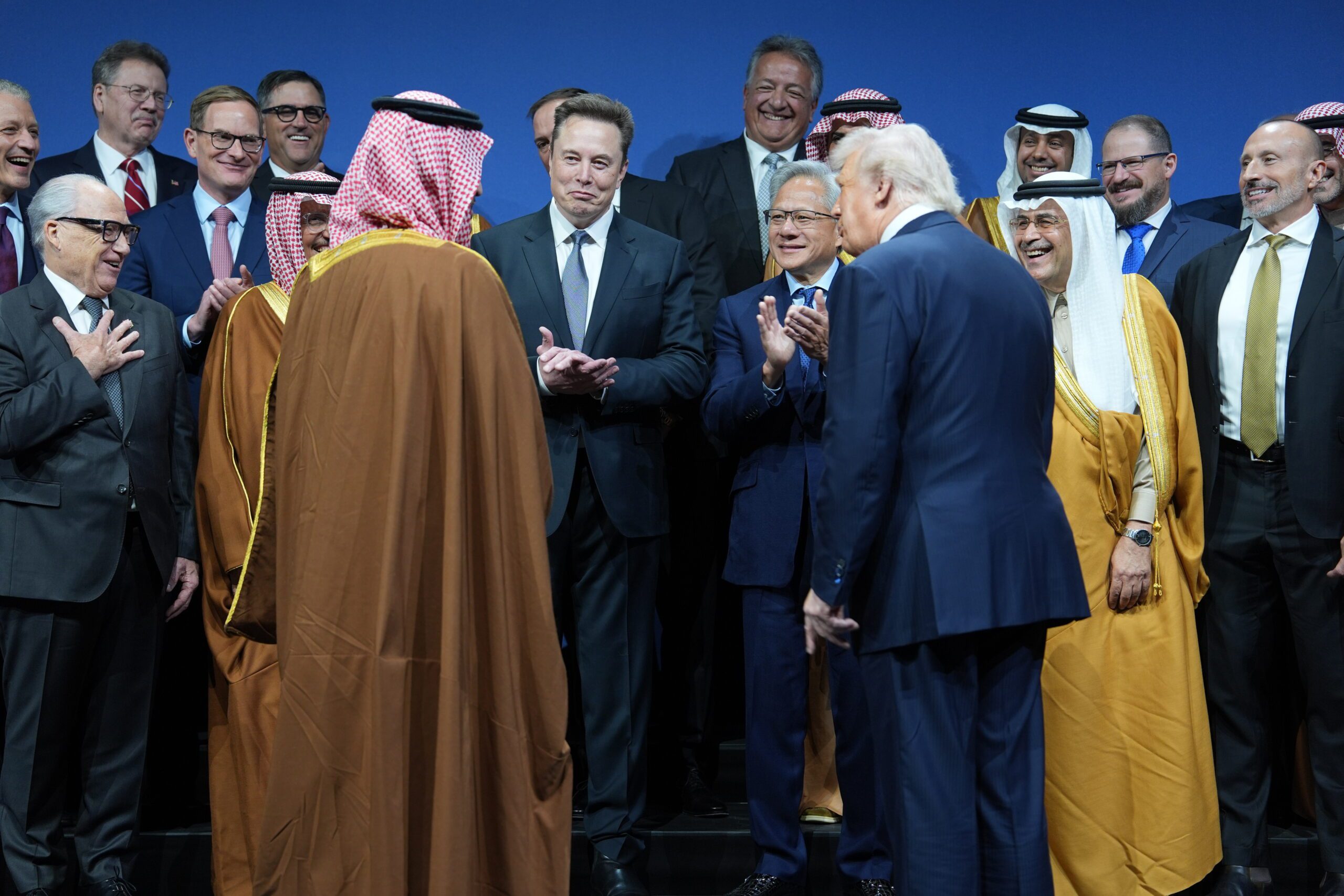

















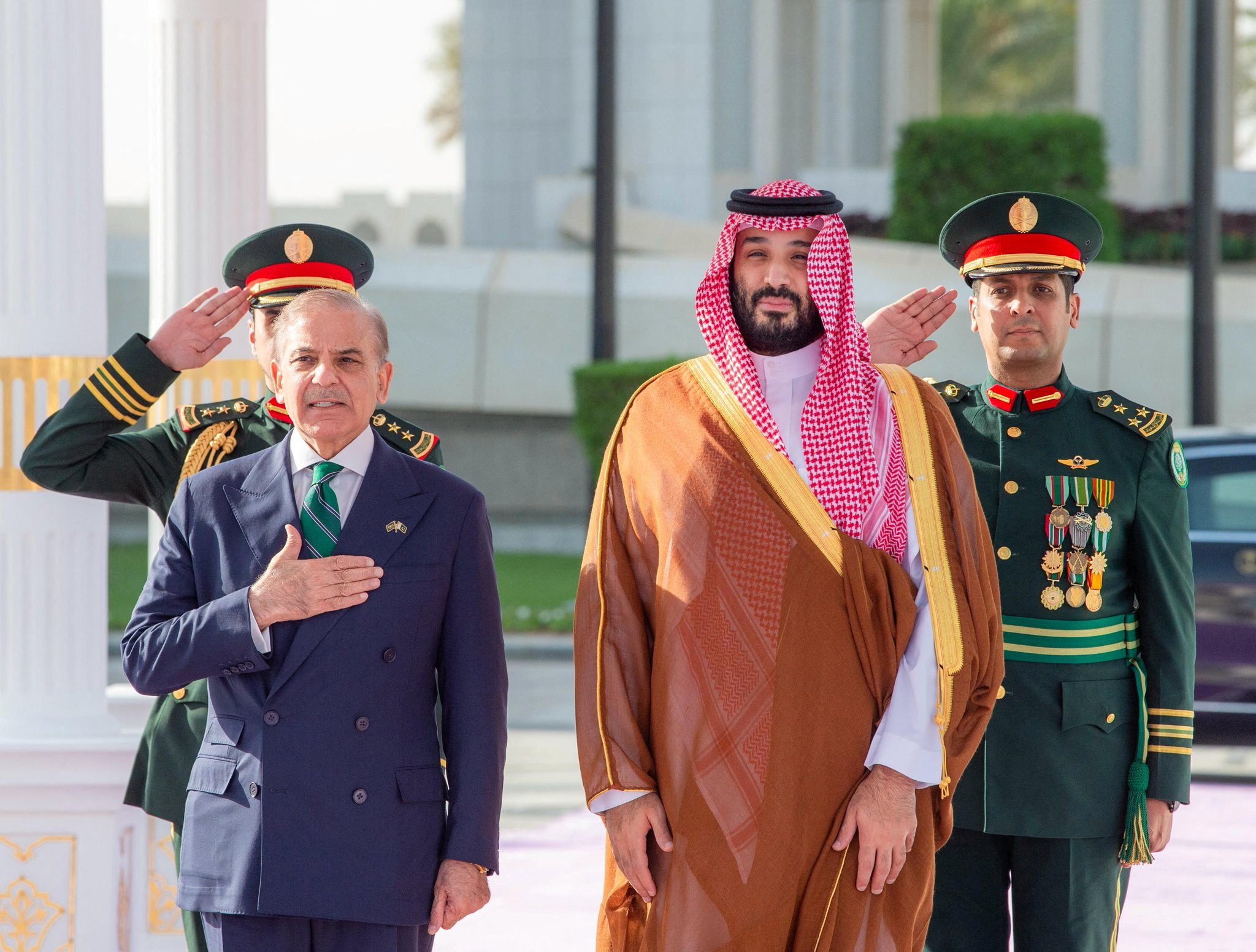
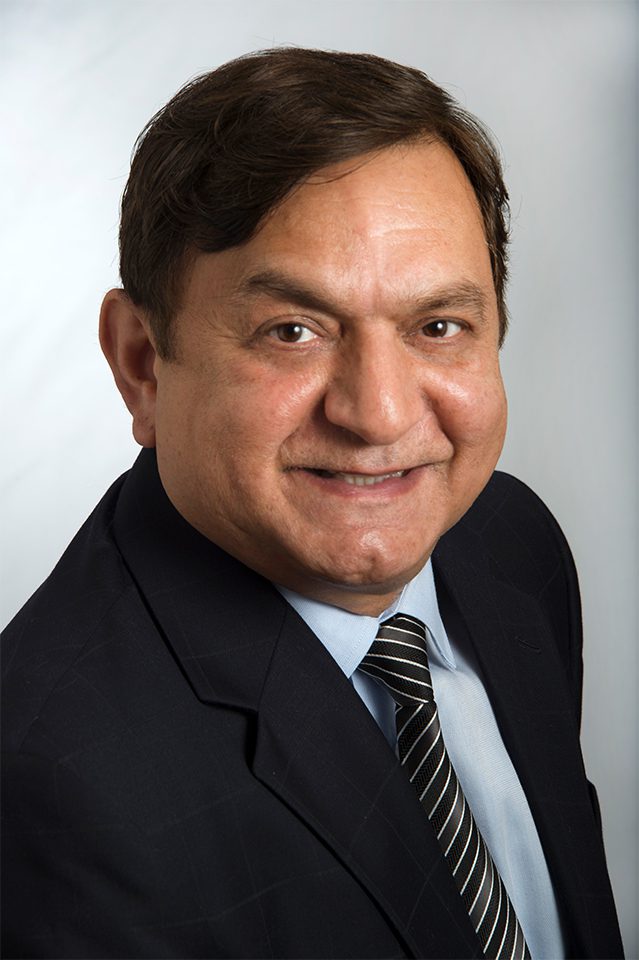
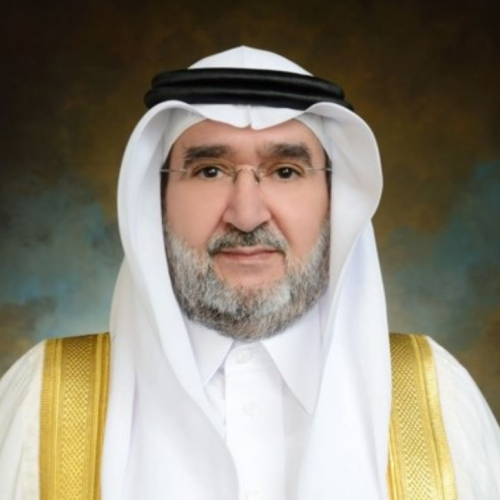
Apr 24, 2017
Riyadh and Washington Are Growing Ever Closer
The continuing renovation of relations between Saudi Arabia and its Gulf Arab allies with Washington reached a new level this week, moving from the aspirational towards practical application. Most significant was US defence secretary James Mattis’ visit to Riyadh at the beginning of a five-nation Middle East tour designed to re-engage with Washington’s strategic allies....
4 min read